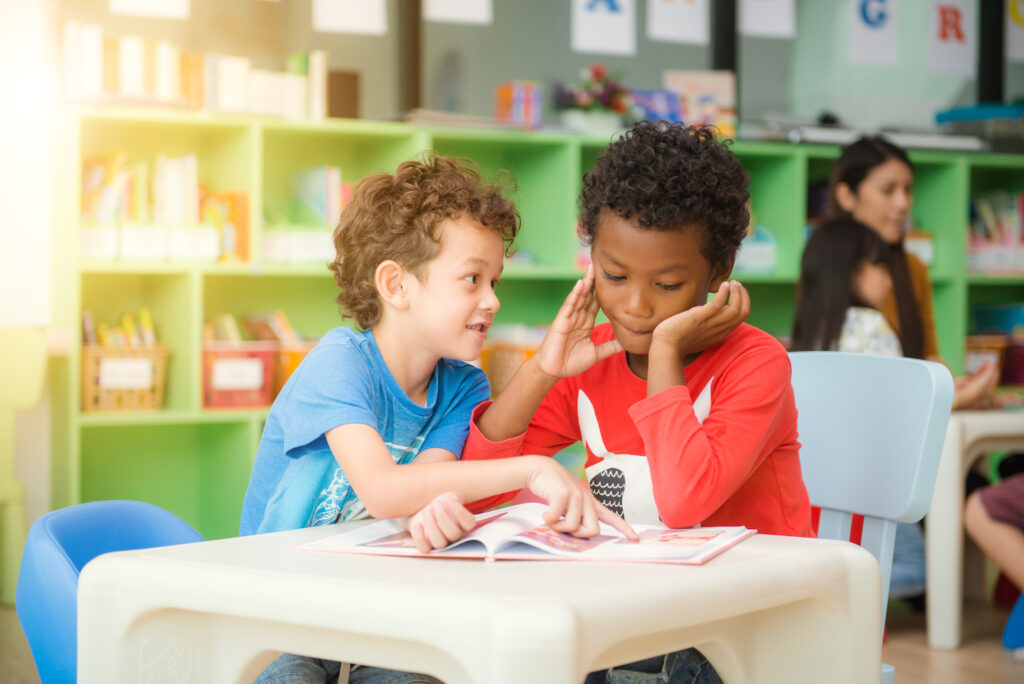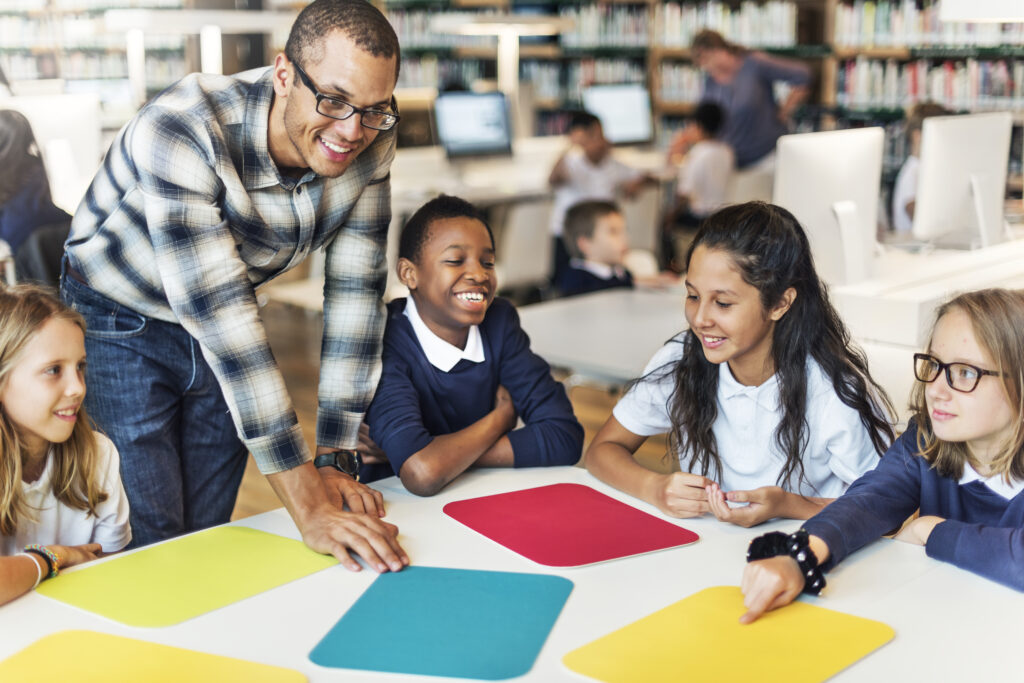Staying up to date on the vast number of validated research studies being conducted on kids, learning, the brain, teaching, and educational technology can be challenging. But you don’t have to worry about it; TCEA has you covered. We regularly focus on the latest information and best practices through our blogs (like this one), our free-to-member Lunch and Learn webinars, our Community discussions, and presentations at all of our various events (like the annual Convention & Exposition coming up January 30-February 2, 2023). Here’s the latest research that we believe will be important to educators.
When Students Acquire Cell Phones Does Not Affect Them Negatively
Many parents struggle with when to give their children a cell phone. For many years, the perception has been that if a young child is given a phone, it can have negative consequences on their sleep, study habits, and more. But a “rigorous new study from Stanford Medicine did not find a meaningful association between the age at which kids received their first phones and their well-being, as measured by grades, sleep habits and depression symptoms.” The study followed 250 children for more than five years during the time that they acquired their first cell phone. “Instead of comparing phone-using kids with those who don’t have phones at a single point in time, the scientists tracked the participants’ well-being as they transitioned to phone ownership.”

Reading Can Reduce Stress Levels
A 2009 study found that reading reduced stress levels by 68 percent, making it a more effective means of relaxation than taking a walk (42% reduction), drinking a cup of tea or coffee (54% reduction), or listening to music (61% reduction). Researchers believe that the concentration required to read a good book helps distract the brain from anxious and stressful thinking, which reduces heart rate and muscle tension caused by stress. How long does it take for the benefits to happen? As little as six minutes. Dr. David Lewis, a cognitive neuropsychologist who conducted the study said, “It really doesn’t matter what book you read. By losing yourself in a thoroughly engrossing book, you can escape from the worries and stresses of the everyday world and spend a while exploring the domain of the author’s imagination.”

Feelings of Awe Also Reduce Stress
Taking time to be amazed by the world in which we live can reduce the stress that we are feeling in our daily lives. A 2021 study reported that feeling more awe is correlated with reporting feeling lowered levels of daily stress. In addition, “Emerging research shows that experiencing awe may make us more curious, creative, and compassionate people. ” Having students briefly pause each day to look at an awe-inspiring photo can reduce their stress levels and help them feel more connected with each other.

The Best Way to Group Students
How students are grouped for projects or teacher-led, small-group learning does make a difference, according to a recent study. Researchers used mathematics to determine whether a “like-skill tiered grouping strategy where individuals of similar aptitude are grouped together” or a “cross-sectional grouping strategy where equal groups are formed, composed of individuals of varied aptitudes” is better. The results showed that, when the goal is to maximize learning for all individuals, the like-skilled grouping strategy works best. That may not surprise elementary teachers who have used like-skilled grouping for many years in classroom reading groups. But it can now be known conclusively that all educators (and even those of us who provide professional learning to adults) should group our students based on their skill level.

I hope you found these research studies valuable. Look for another roundup next month!

